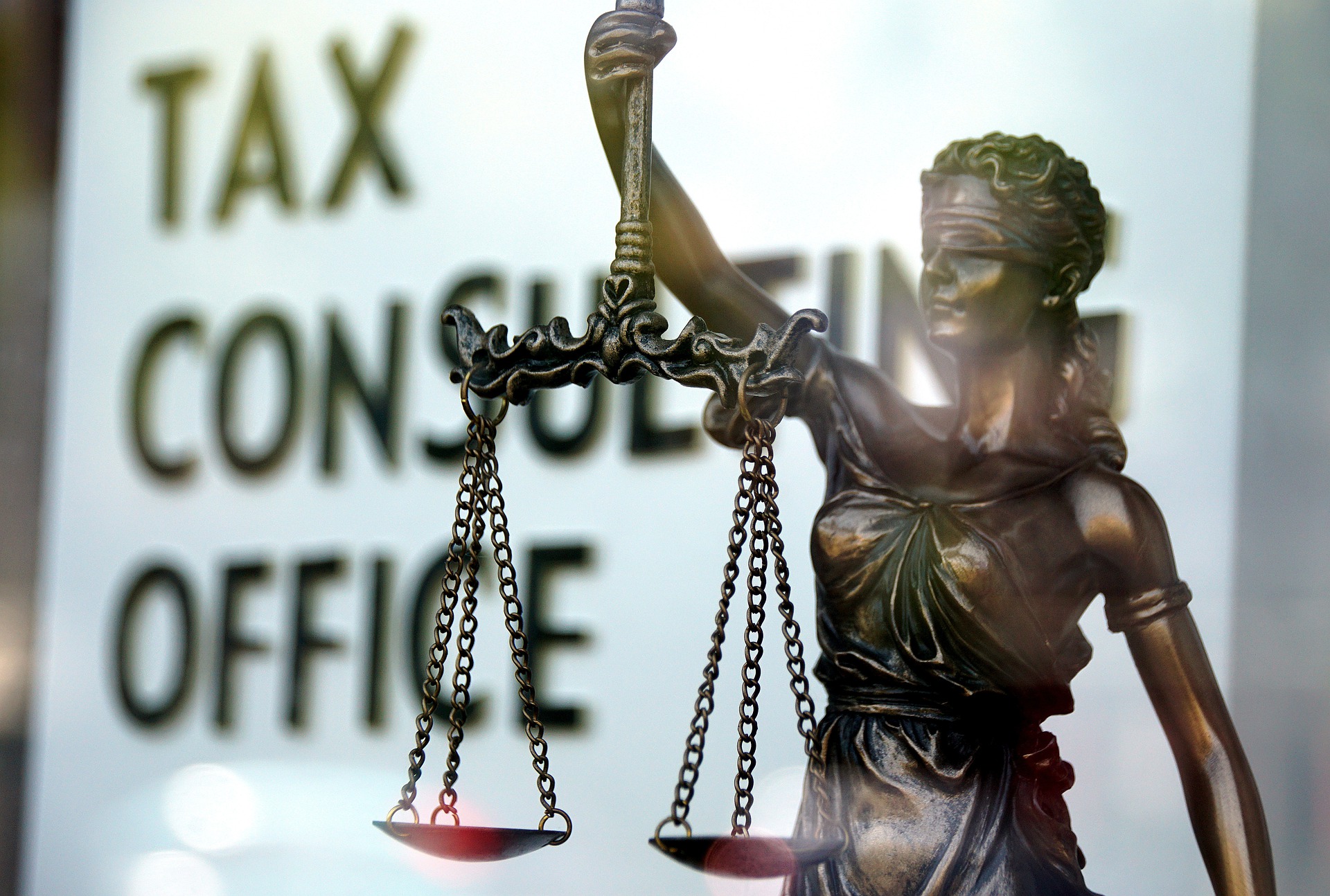Owning a home seems like the best decision you have ever made. Not only do you get benefits from owning a house, but you also see it appreciate in value each year. So, when you sell your two-story house, you’ll make a tidy profit.
But you forgot one thing: the capital gains tax. If you’ve owned a home for ten years and decide to sell it now, you may be subject to capital gains tax if your house has appreciated significantly.
However, there are several ways to avoid or reduce your capital gains tax, especially if you’re selling your primary residence. Let’s look at them.
What Is Capital Gains Tax?
Simply put, capital gains tax is the amount of tax you owe on the profit (known as the “capital gain”) you make when selling an asset or investment. It is typically calculated by subtracting the investment or asset’s purchase price, as well as any expenses, from the sale price.
If you’ve owned the asset for over a year, you’ll be subject to special capital tax rates. For instance, if you’ve owned your home for over a year, your capital gains tax rates will be 0%, 15%, or 20%, depending on your income.
Plus, capital gains tax can add up, especially if you’re selling homes you’ve owned for a long time. So, if your home significantly appreciated after you bought it and sold for twice what you bought it, you may have to pay a sizable amount of capital gains tax.
How Much Capital Gains Tax Applies to Your Home?
Finding out how much capital gains tax applies to your home can be complex and depends on the following factors:
- Your marital status (single/married/divorced/widowed)
- Your income tax bracket
- How long you’ve owned the property
- Whether the property was your primary or secondary residence.
For example, if you purchased a house ten years ago for $400,000 and sold it last month for $950,000, your profit would be $550,000 (as simplified as possible). If your taxable income falls between $41,676 to $459,750 as a single filer and $83,351 to $517,200 for filing jointly, you’ll pay 15% of the profit, meaning $82,500.
However, you may be able to exempt a certain amount of the profit, probably up to $500,000, depending on your filing status.
When Do You Have to Pay Capital Gains Tax on Your Home Sale?
When you’re trying to find out if you should be paying capital gains tax, you don’t need to ask questions like, “When was my house built?” or “Should I provide a pay stub for my home settlement?”
Instead, ask yourself the following questions:
- Was the property your principal residence?
- Did you own the property for less than two years?
- Did you live on the property for 24 months during a five-year period?
- Have you already claimed the capital gains tax exemption in the past two years?
- Did you buy the house by swapping it with another?
- Are you subject to expatriate tax?
You have to pay capital gains tax on your home sale if you say “yes” to any of the questions above.
How to Avoid Capital Gains Tax on a Home Sale?
Capital gains taxes can greatly undercut your profit; however, there are ways you can reduce or even entirely avoid them on a home sale.
If you’re selling your primary residence, you may be able to avoid paying capital gains tax on the first $250,000 of your profit if you are a single tax filer and up to $500,000 if you’re filing jointly.
Let’s look at an example. Let’s say you bought a house for $350,000 and sold it for $500,000 three years later, making your profit $150,000. As a single filer, you’ll be exempt from paying capital gains tax because your profit is under the $250,000 threshold allowed by the IRS.
However, this exemption is available only every two years. Plus, the IRS requires you to prove several things before you’re exempted from the tax, such as:
- You’ve owned the house for a minimum of two years.
- You lived in the property as a primary residence for at least two out of five years after buying it.
The Capital Gains Tax Rates for 2022
The capital gains tax rate depends on your taxable income for the year you sold your house. The tax rate for 2022 is shown below.
| Filing Status | 0% | 15% | 20% |
| Single | Up to $41,675 | $41,675 to $459,750 | Over $459,750 |
| Head of household | Up to $55,800 | $55,800 to $488,500 | Over $488,500 |
| Married filing jointly | Up to $83,350 | $83,350 to $517,200 | Over $517,200 |
| Married filing separately | Up to $41,675 | $41,675 to $258,600 | Over $258,600 |
How to Reduce or Eliminate Your Capital Gains Tax
There are several strategies you can use to reduce or eliminate your capital gains tax. Let’s look at some of them:
Hold Assets for More Than a Year
Once you buy a home, hold it for a year before selling it because the capital gains tax on property held for years is lower than it would be for short-held assets.
Don’t Forget That Your Investment Losses Can Also Be Deducted From Your Profit
If your investment depreciates during the time you held it, you’ll still be taxed at a rate of up to $3,000 a year.
Keep Track of Any Qualifying Expenses You Incur
Qualifying expenses can increase the cost basis of your investment, reducing its taxable profit. So, keep an eye on your expenses and don’t let them increase above a certain point, even if you have to live elsewhere for a while.
